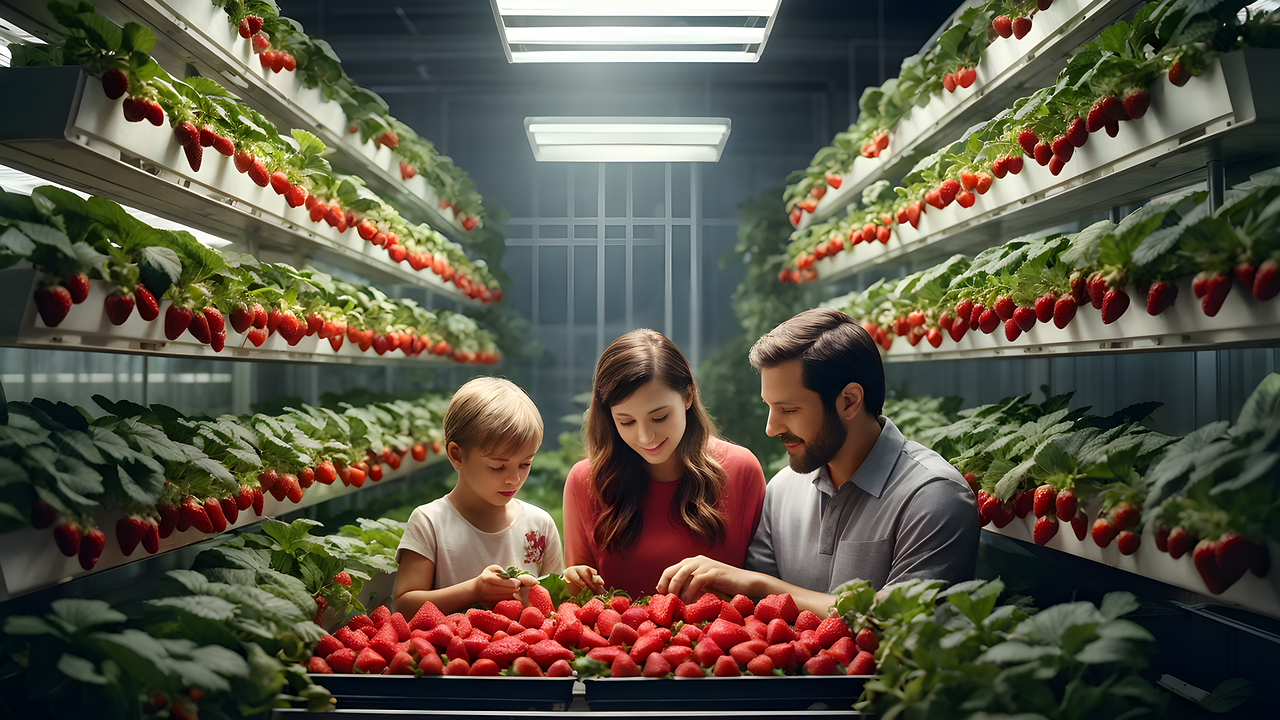Maximizing Tax Benefits and Supporting Sustainable Practices
The sustainable agriculture and farm-to-table movement is growing, with a focus on eco-friendly farming, organic produce, and direct farm-to-consumer models. Whether you run a small farm, a community-supported agriculture (CSA) program, or a farm-to-table restaurant, understanding the available tax deductions and credits can boost profitability while supporting sustainability.
This guide explores key tax considerations for sustainable agriculture and farm-to-table businesses, focusing on farming deductions and organic farming credits.
1. Farming Deductions for Sustainable Agriculture
Sustainable farming, like traditional farming, provides various tax deductions that can reduce taxable income. There are also specific expenses tied to sustainable practices that deserve attention.
A. Deducting Ordinary and Necessary Farming Expenses
Farming businesses can deduct expenses necessary to operate the farm, which may include:
- Seeds, organic fertilizers, and natural pest control.
- Wages for farmworkers.
- Costs of irrigation systems and water conservation technologies.
- Fuel, tools, and supplies used in daily operations.
B. Equipment Depreciation
Specialized farming equipment such as tractors and greenhouse systems may qualify for depreciation. Farms can also use Section 179 expensing or bonus depreciation to deduct the cost of qualifying equipment immediately, which can be particularly beneficial for sustainability-focused equipment.
C. Land Improvements for Sustainability
Land improvements that enhance sustainability, like building terraces or installing windbreaks, are generally deductible. These soil and water conservation expenses can be fully deducted if the land is used for farming.
D. Expenses for Organic Certification
Pursuing organic certification involves costs like inspection and application fees, which are deductible. This can help offset the cost of meeting strict organic standards.
E. Utilities and Renewable Energy
Utilities such as water, electricity, and fuel are deductible. Additionally, using renewable energy, like solar panels, may qualify for the Renewable Energy Tax Credit, further lowering the farm’s tax burden.
2. Organic Farming and Sustainability Credits
Beyond standard farming deductions, there are specific credits aimed at promoting sustainable and organic farming.
A. Organic Certification Cost Share Program
This program reimburses farms for organic certification costs. Though not a direct tax credit, the reimbursement is generally excluded from taxable income, providing an indirect tax benefit.
B. Conservation Reserve Program (CRP) Payments
Farms that participate in the CRP receive payments for protecting environmentally sensitive land. These payments are usually taxable, but some exclusions may apply for retired or disabled farmers.
C. Renewable Energy Credits for Farming
Farms using renewable energy, like solar or wind, may qualify for credits such as the Investment Tax Credit (ITC). These credits help offset the cost of renewable energy systems, reducing energy expenses while supporting sustainability.
D. State-Level Incentives for Organic and Sustainable Farming
Many states offer tax incentives for sustainable practices, such as property tax reductions for maintaining agricultural land. Check with your state’s agricultural department to see which programs are available.
3. Tax Considerations for Farm-to-Table Businesses
Farm-to-table businesses, including restaurants, markets, or delivery services, can benefit from various deductions and credits.
A. Deducting Farm-to-Table Operational Costs
Raw materials like produce purchased from farms are deductible as cost of goods sold (COGS). Transportation expenses for moving products from farms to consumers are also deductible.
B. Qualified Business Income (QBI) Deduction
Farm-to-table businesses that are pass-through entities may qualify for the QBI deduction, allowing up to a 20% deduction on qualified business income. This helps reduce taxable income for both farmers and farm-to-table businesses.
C. Charitable Contributions
Farm-to-table businesses that donate unsold food can qualify for charitable contribution deductions. The deduction is usually equal to the fair market value of the donated food.
D. Employee Hiring Credits
Hiring credits like the Work Opportunity Tax Credit (WOTC) may apply if employees belong to targeted groups, such as veterans. This helps reduce payroll expenses while supporting employment.
4. Important Considerations for Tax Compliance
Ensuring tax compliance is vital for both sustainable farms and farm-to-table businesses.
A. Proper Documentation of Expenses
Keep detailed records of all expenses, including equipment, labor, and certification fees. Using digital accounting tools can streamline record-keeping.
B. Understanding Depreciation Rules
When depreciating equipment, it’s essential to follow IRS guidelines on useful life and depreciation schedules. A tax professional can help ensure compliance and maximize deductions.
C. Leveraging Tax Professional Expertise
Given the unique tax considerations for sustainable agriculture, working with a CPA experienced in this field ensures that all available credits and deductions are utilized.
Sustainable agriculture and farm-to-table businesses have several tax incentives that support environmentally friendly practices. Utilizing farming deductions like ordinary expenses, equipment depreciation, and land improvements can reduce taxable income. Additionally, organic certification cost-sharing, renewable energy credits, and state incentives can enhance profitability.
Farm-to-table businesses also benefit from deductions for operational costs, QBI deductions, and employee hiring credits. These measures help maintain their commitment to locally sourced food.
The tax landscape for sustainable agriculture can be complex, but effective tax planning and expert advice can significantly reduce tax liabilities while promoting eco-friendly practices. Consulting a tax professional ensures your business maximizes its tax strategies for a sustainable future.
Need expert tax guidance for your sustainable agriculture or farm-to-table business? Contact us today to optimize your tax strategies and support your eco-friendly initiatives. You can also post your project on our Marketplace and find the right professional for your needs. Our resource directory also offers valuable links to assist in managing various financial and legal aspects of a business or individual.








